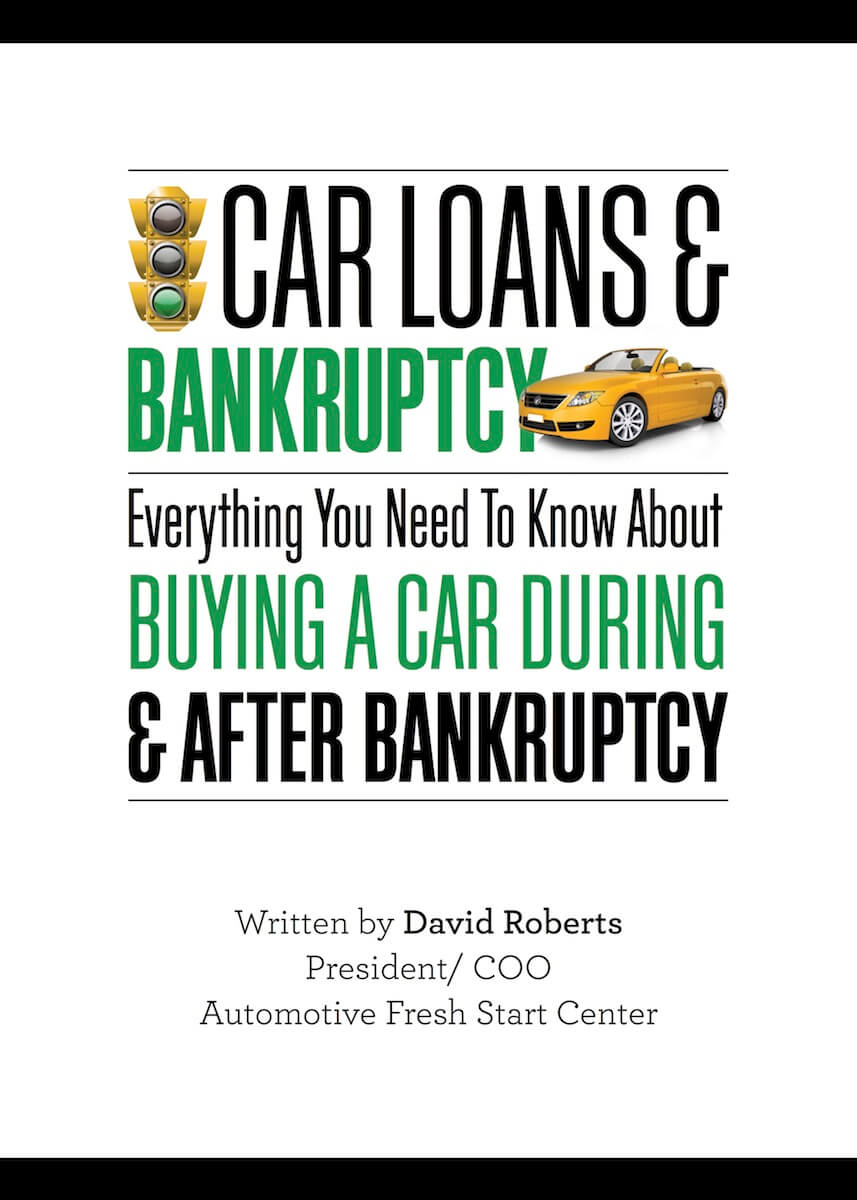As we approach the middle of 2016, it is interesting to look back and see the effects of the bulge of filings from 2009-2011. During that time, the filings in Jacksonville routinely approached 12,000 cases per year.
With the end of the boom now approaching five (5) years, it is particularly interesting to see the effects of the surge in Chapter 11 filings. After the 2005 Bankruptcy Code Amendments were passed, it became quite acceptable to file an individual Chapter 11 case in an effort to deal with substantial mortgage debt related to investment properties. That turned out to be exactly what thousands of real estate investors did when the real estate market crashed.
The Chapter 11 filing allowed the investors to match cash flow from the rental properties to a restructured mortgage based upon a valuation of the investment properties. Unlike homestead properties, the protection against modification did not extend to investment properties. Chapter 11 plans would strip down an investment property to the current value, change interest rates and extend the term of the amortization period in an effort to make the properties cash flow for the investors. These restructured rental units formed the basis for repayment of secured debt and unsecured debt in most individual chapter 11 plans.
The typical individual Chapter 11 plan was a 5 year plan. That means that we are approaching the end of the cycle for completion of the Chapter 11 Plan payment period. So what is happening with the mortgages which were restructured in the Chapter 11 Plans? If the Debtor successfully completed a Chapter 11 case and received a discharge, the answer is familiar.
In almost every case, our office is seeing mortgage servicers fail to comply with the terms of the discharged plan. Some failures are small, with servicers just misapplying payments over the term of the plan. Others are more substantial. Failures include the wrong principal balance, interest rate, amortization term or other aspects of the Chapter 11 modification of the mortgage.
This is a repetition of the Chapter 13 issues that our office has been fighting for years. As in Chapter 13, it is very difficult to complete a Chapter 11 plan and comply with the payment structure of the modified mortgage. However, the benefit for such compliance is supposed to outweigh the effort upon completion of the Plan. The hard working debtor is supposed to have a new mortgage with a modified principal balance, interest rate and term as ordered by the Court. Unfortunately, the failure of the mortgage servicers to adjust the mortgage to comply with the Plan has the potential to undo all of the hard work of the client.
Our office spends considerable time after the completion of every Chapter 11 case to ensure that all mortgages are current and in compliance with the Plan. We do this at no cost to our clients to ensure that they do not have to call us in a panic 6 months after discharge with the fear that a home is going to be foreclosed due to the errors of the mortgage company.
If you are experiencing post discharge issues with your mortgage company, give us a call. We will review your situation and give you an honest opinion of whether the mortgage company is in error.
At Mickler & Mickler, we attend Court on a regular basis. We have the experience and knowledge to ensure that you receive the correct advice when confronted with difficult financial decisions related to filing bankruptcy. Contact us at 904.725.0822 or bkmickler@planlaw.com.
Bryan K. Mickler

